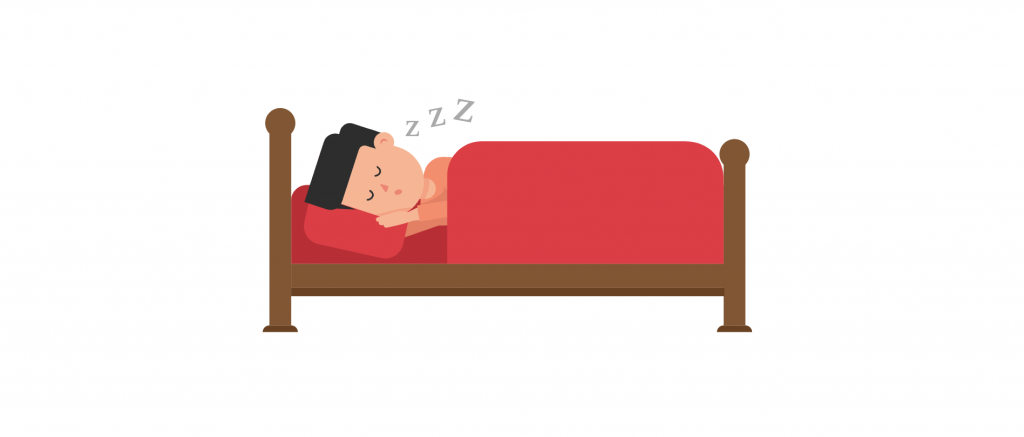Par Béry Mohammediyan / 2022-08-09
Cet article est en anglais
It is the end of the semester again and your exams are fast approaching. Your new year’s resolution was to go from expert in procrastination to expert in time management, and yet here you are again, trying to learn three and a half months of school material in one week. Like always, you have convinced yourself that in one week, you will be able to learn, understand, and memorise all the facts and theories you need to know to pass your exams. At first, cramming doesn’t sound so bad, but as the sleepless nights turn to exhausting days, you notice it becomes harder and harder. You find yourself reading the same sentence over and over as if it’s written in a foreign language. Your flash cards and clever mnemonic devices aren’t helping as much as they did yesterday. Panic starts to set in as you realise that this is taking more time than you have left, and you wonder: “why is my memory failing me now?!”. Well, it’s likely that those sleepless nights could be taking a toll on your brain because of the interesting relationship between sleep and memory.
During the day, when you are trying to learn and remember information, your brain quickly tries to store it somewhere: the hippocampus, a seahorse-shaped structure in the centre of the brain. By forming quick connections between neurons in the hippocampus, your brain is able to store each piece of information, or memory trace, temporarily – the key word here being temporarily. Memory traces are vulnerable and unstable, much like you after your fourth sleep deprived day! For a memory trace to become stable and longer-lasting, it requires an extra step known as memory consolidation, which is where our super star, Sleep, comes into play. Both procedural memories (related to perceptual and motor skills) and declarative memories (memories related to facts and events) are consolidated during sleep through an essential communication loop between the hippocampus and the neocortex, the most recently evolved parts of the brain involved in higher functions such as emotion and cognition. But what is the magic recipe that makes this happen during sleep?

